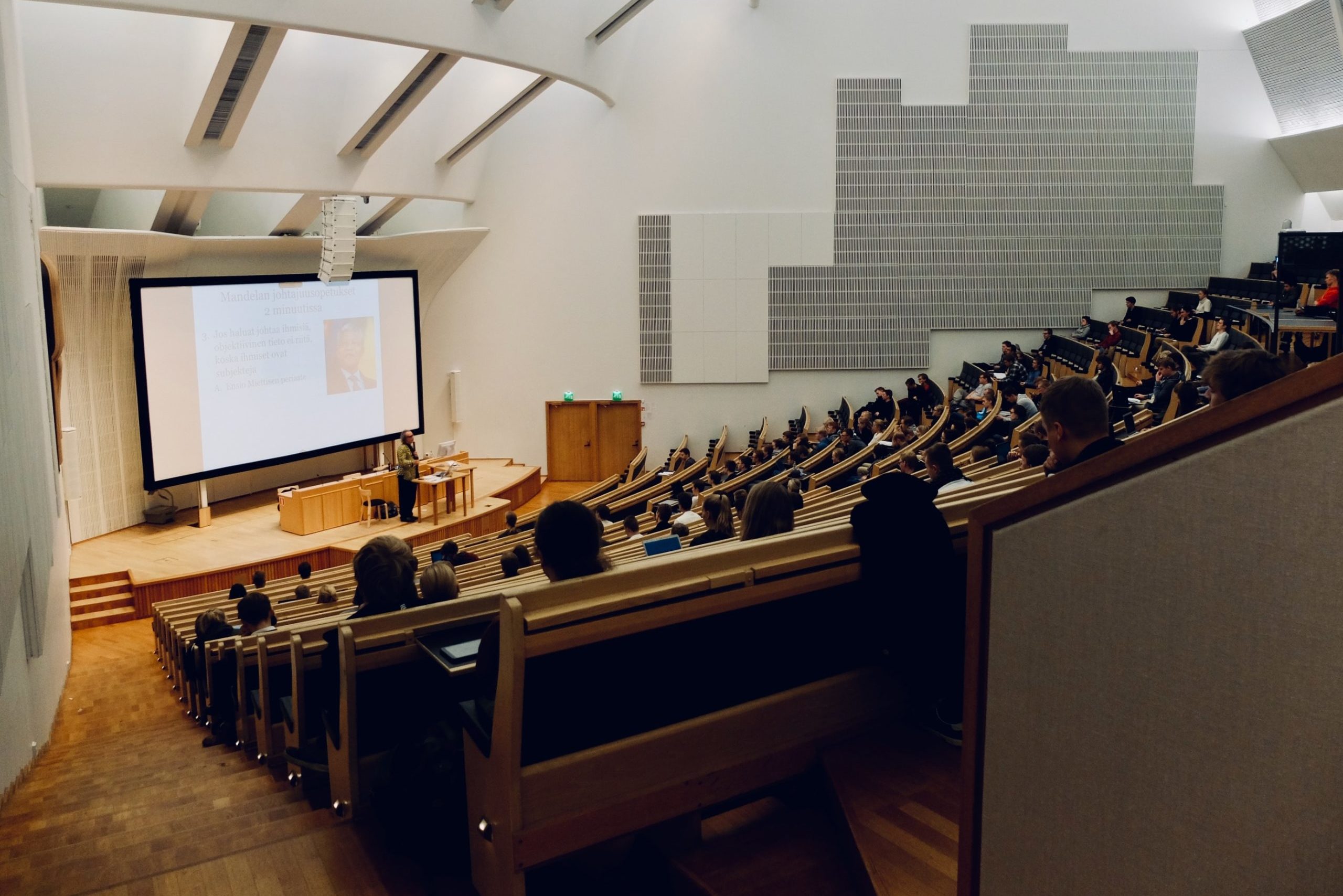
White Historian Sparks Outrage for Racist Remarks, Ignites Calls for Accountability
Lois Banner, a prominent white historian and USC professor emerita, has drawn severe criticism and condemnation for making deeply offensive and racist remarks during a recent conference. The incident, which unfolded on Friday (June 30), left attendees stunned and appalled as Banner refused to apologize or acknowledge the harm caused by her disparaging comments.
The shocking incident came to light when Stephanie Narrow, a Ph.D. candidate who was present at the conference, took to Twitter to expose Banner’s offensive remarks. Narrow revealed that during the Berkshire Conference of Women Historians, an event co-founded by Banner in the 1970s, the esteemed historian publicly expressed a wish to be Black, claiming it would make her professional life easier. This alarming statement not only displayed a profound lack of empathy and understanding but also perpetuated harmful stereotypes and trivialized the lived experiences of Black individuals.
The gravity of Banner’s remarks was underscored by the swift and widespread outrage that followed. Many audience members walked out of the conference in protest, while others attempted to engage in dialogue and educate Banner about the harmful impact of her words. Despite these efforts, Banner remained unapologetic and resistant to any form of accountability.
The incident gained further attention when The New York Post published an article on July 4, highlighting the offensive remarks made by Lois Banner. The publication shed light on the disturbing incident, emphasizing the need for individuals to confront and address the prevalence of racism, even within academic and professional circles.
The consequences of Banner’s racist remarks extend beyond the conference hall. They underscore the urgent need for society to confront and dismantle the deeply ingrained systems of racism and privilege that persist. As a white historian with influence and authority, Banner’s words carry weight and can perpetuate harmful narratives that undermine the struggles and experiences of marginalized communities.
Calls for accountability have echoed throughout social media and academic circles, demanding that Banner acknowledges the harm caused by her remarks and engages in meaningful self-reflection. It is essential that individuals in positions of power and influence take responsibility for their words and actively work to educate themselves about the systemic racism and discrimination that continue to plague our society.
The incident involving Lois Banner serves as a stark reminder that the fight against racism requires constant vigilance and action. By addressing and challenging racist attitudes, we can collectively strive toward a more equitable and just society.




